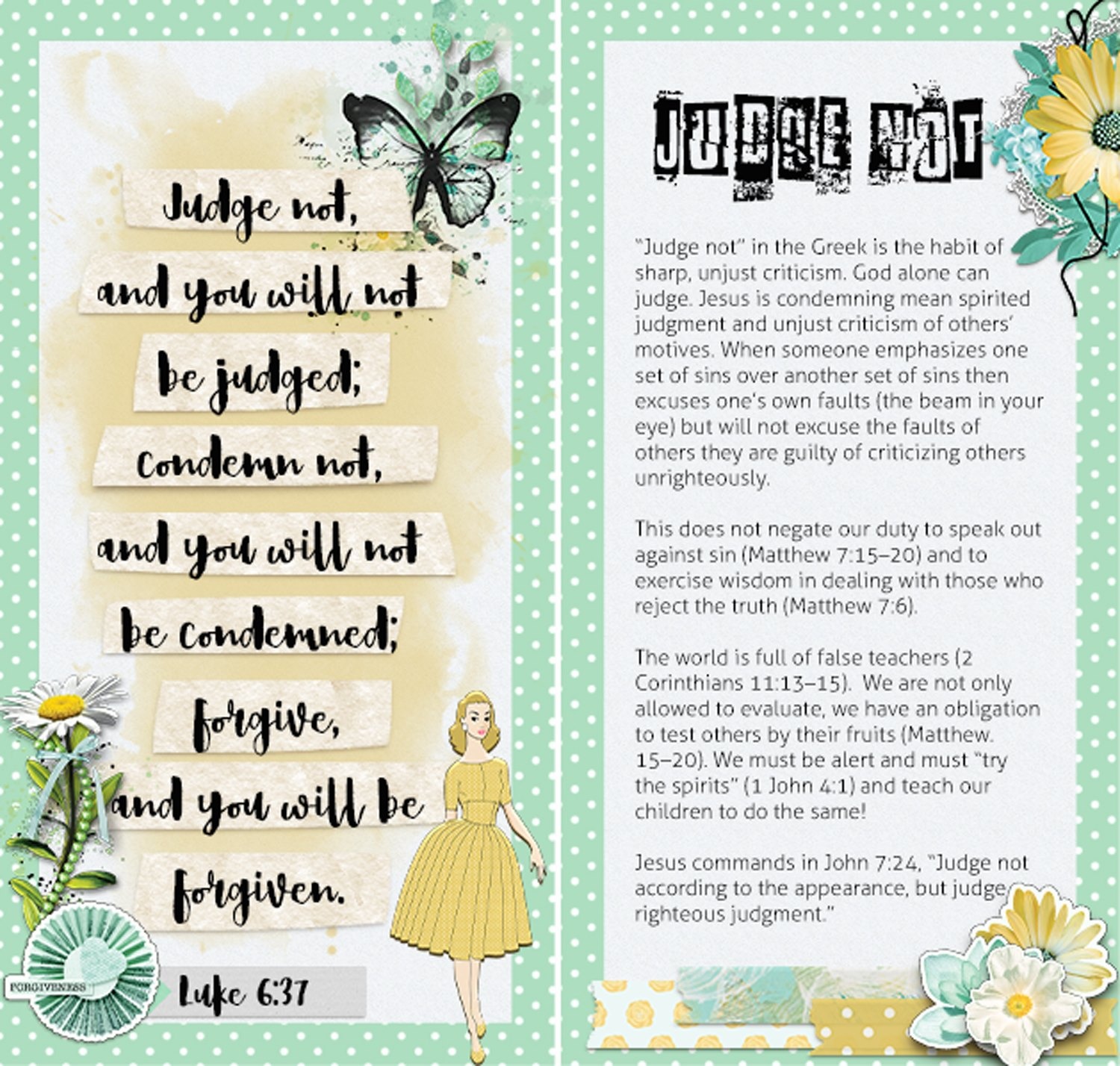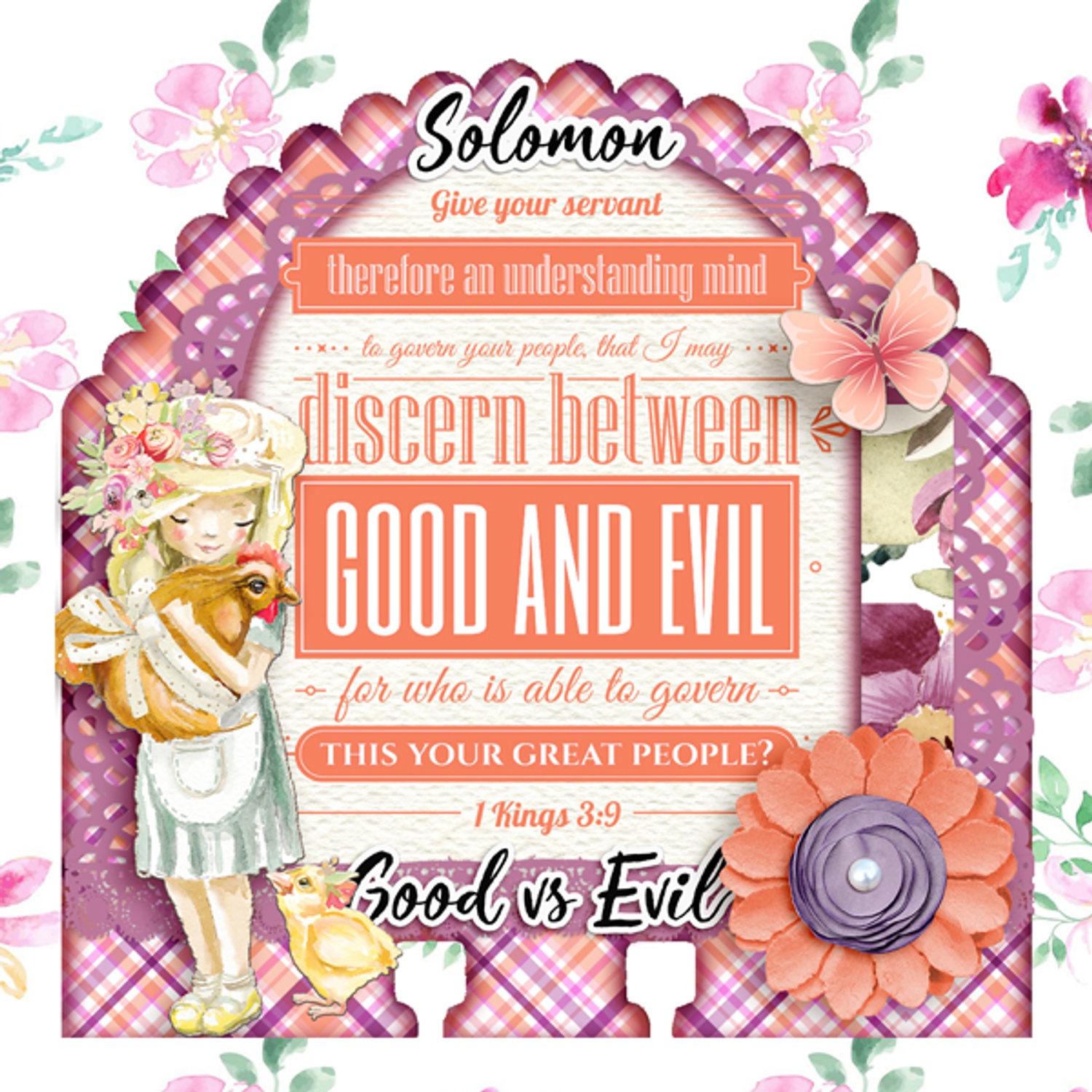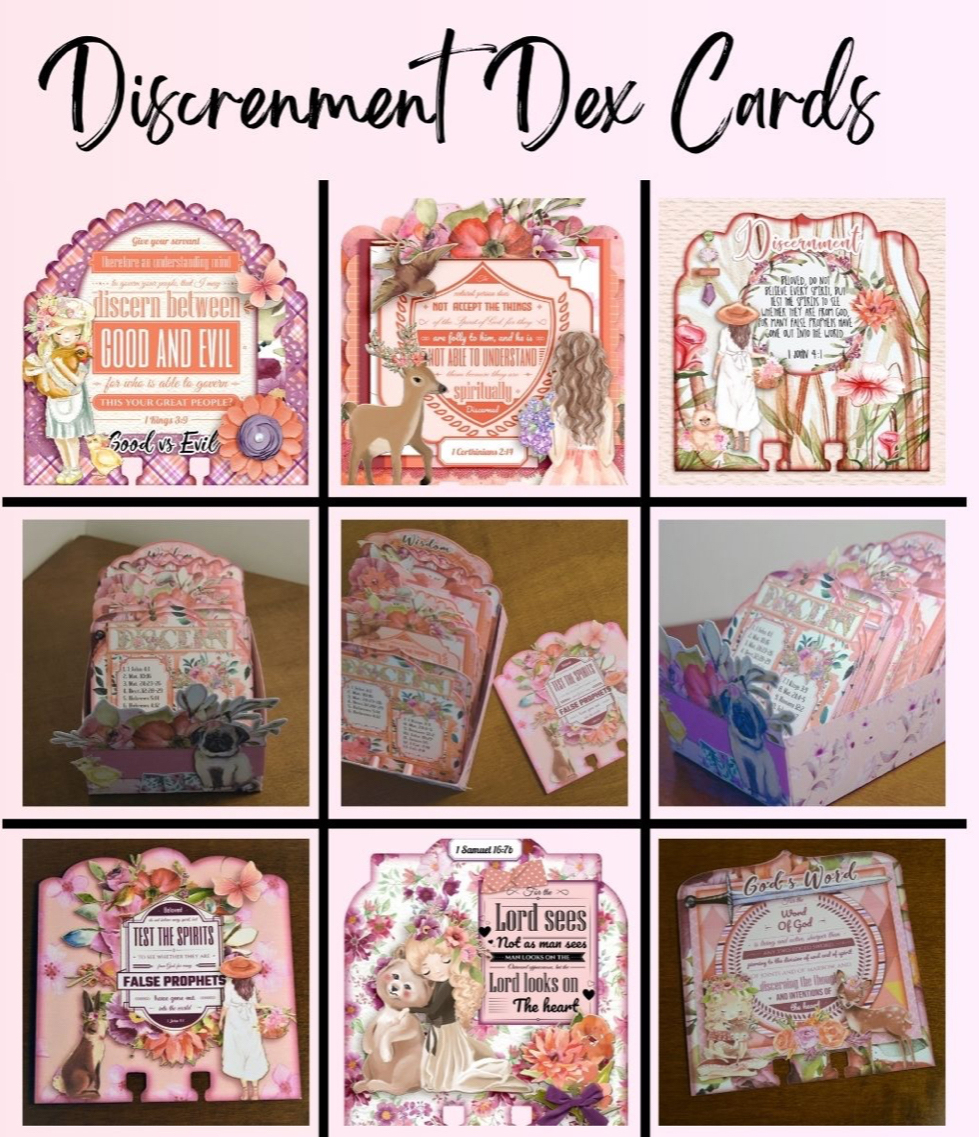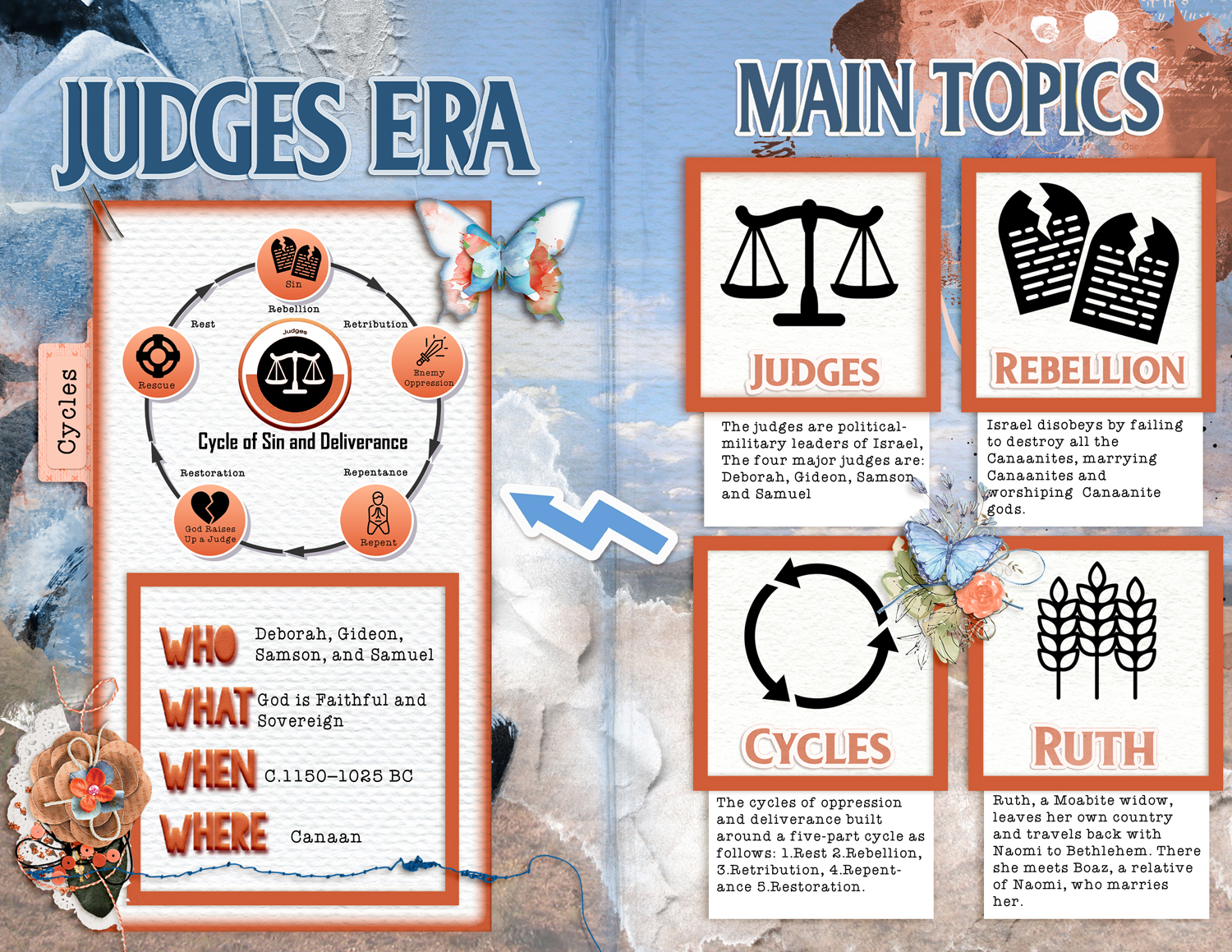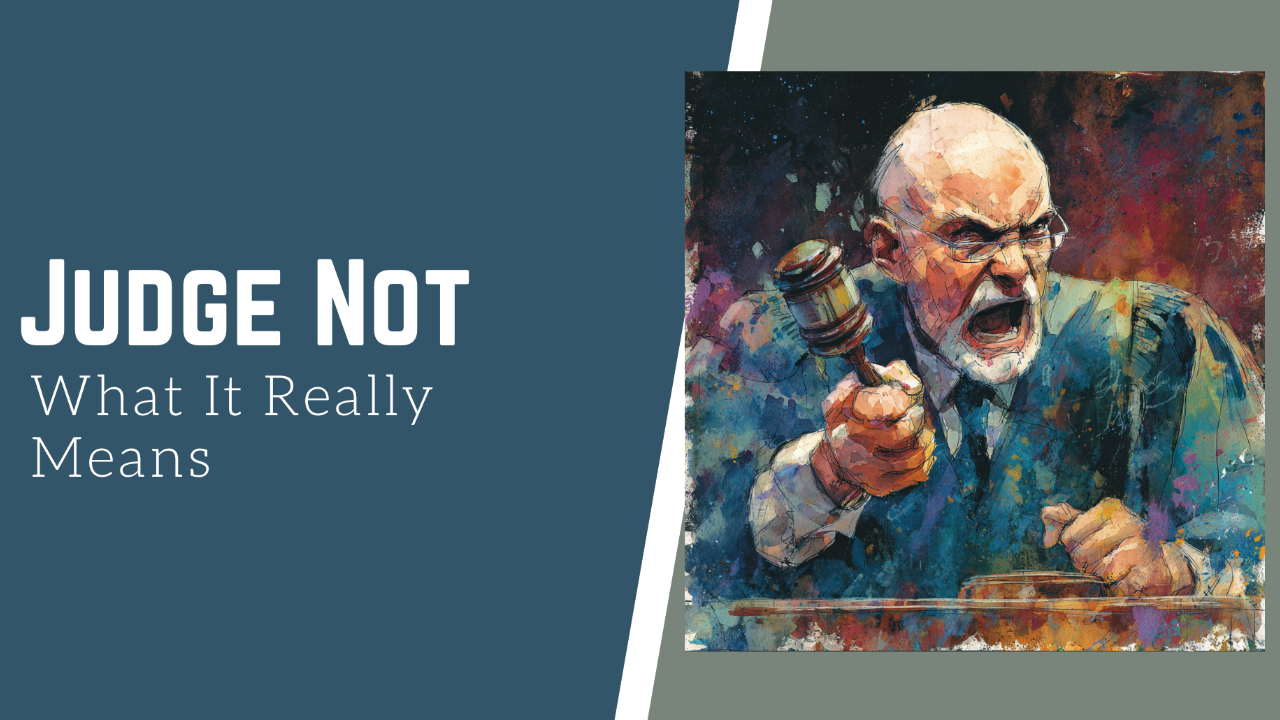
We live in a culture that shouts, “Don’t judge me!” and too often, Christians back away from speaking truth, afraid of being labeled judgmental. But Scripture doesn’t call us to silence or moral confusion. It calls us to righteous judgmentrooted in humility, truth, and love.
Let’s look at one of the most quoted and misunderstood verses in all of Scripture:
“Judge not, and you will not be judged; condemn not, and you will not be condemned; forgive, and you will be forgiven.” — Luke 6:37 (ESV)
Many people read this and believe it means we should never speak up, correct, or discern. But is that what Jesus really meant?
Understanding the Context
The Greek word translated “judge not” in Luke 6:37 refers to habitual, sharp, and unjust criticism—a spirit of superiority. Jesus warned against condemning others harshly, assuming their motives, or acting as if we sit on the throne of heaven. That’s God’s seat, not ours.
This verse is not a command to turn off our moral discernment. Jesus wasn’t telling us to close our eyes to sin. He was condemning self-righteous fault-finding—not truth-telling done in love.
“Do not judge by appearances, but judge with right judgment.” — John 7:24 (ESV)
There it is—clear as day. We are not to judge by mere appearances. But we are to judge righteously. This means examining behaviors, evaluating fruit, and applying God’s standards—not ours.
What Kind of Judging Is Right?
We’re not called to judge someone’s heart or eternal destiny—only God can see that. But we are called to judge behavior, primarily when it protects ourselves or others from harm.
Imagine you're a youth leader at church, and one of the teenage girls tells you that an adult volunteer has been texting her late at night—texts that seem overly personal and make her uncomfortable.
You don’t know the man's heart. You can’t say whether his intentions are sinful or just poorly thought out.
But you don’t need to read his heart to take action.
You must judge the behavior.
You step in. You bring it to the pastor and ensure the man is removed from contact with youth until the situation is fully investigated. You offer support to the girl. You speak the truth in love, firmly and biblically.
That’s not gossip. That’s not condemnation.
That’s righteous judgment.
You didn't attack his character—you protected someone vulnerable. You acted not out of pride, but out of love and discernment.
There’s a difference between condemning someone’s soul and discerning their actions. Judging the heart—that deep spiritual place only God knows—is off-limits. However, evaluating choices and fruit (Matthew 7:20) is part of living wisely in a broken world.
“Beware of false prophets… You will recognize them by their fruits.” — Matthew 7:15–16 (ESV)
We’re told to test the spirits (1 John 4:1), recognize false prophets by their fruit (Matthew 7:20), and restore those caught in sin (Galatians 6:1). That means using spiritual discernment—not to shame, but to guide and protect.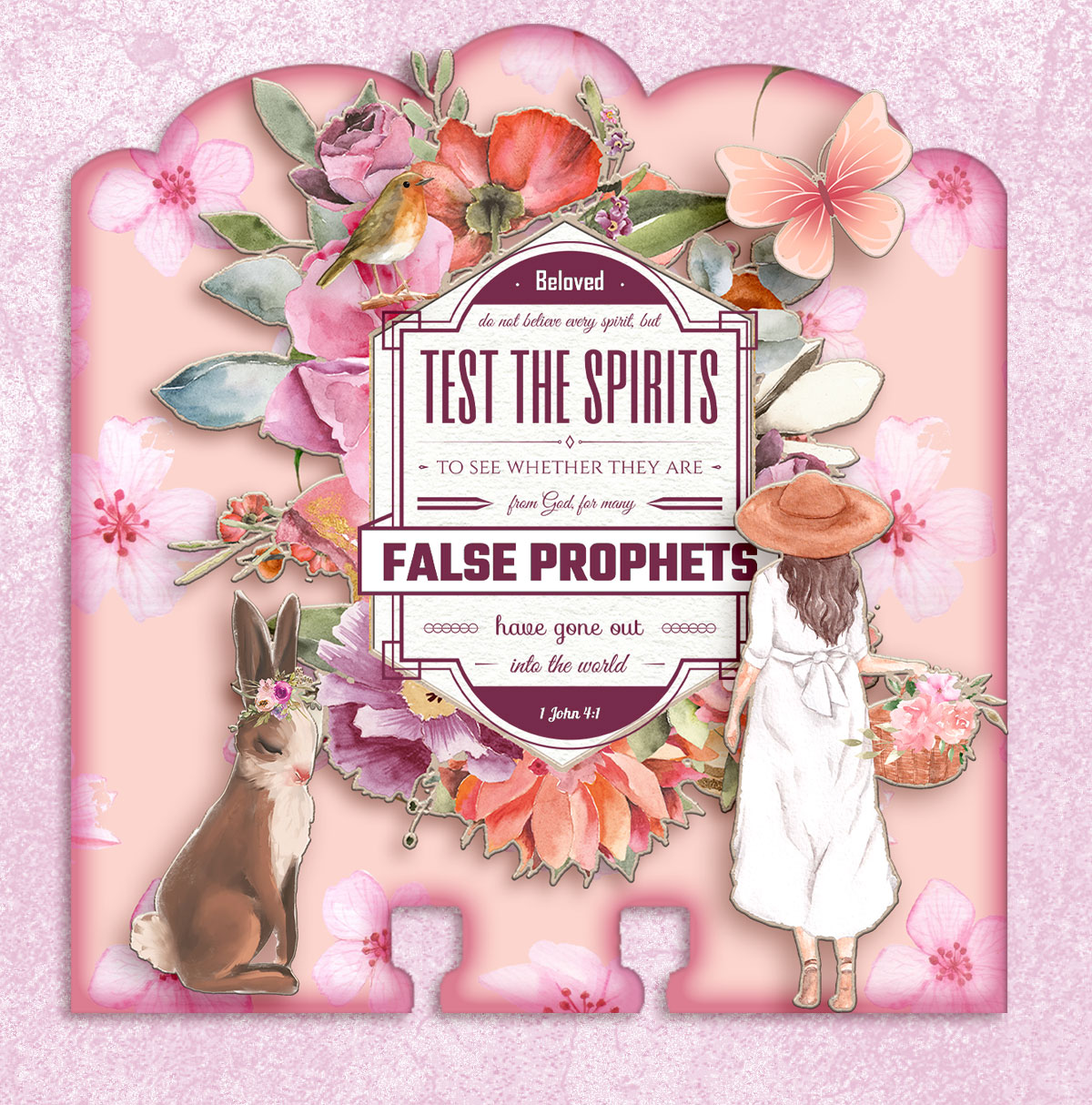
And let’s be honest:
- Would you let a pedophile babysit your toddler?
- Would you allow a 10-year-old to watch an X-rated movie?
- Would you trust someone known for lying to handle your bank account?
Of course not.
These decisions require judgment. Not condemnation. Not cruelty. But careful, loving discernment grounded in truth.
The Beam and the Speck
Jesus elaborates in Matthew 7:3–5:
“Why do you see the speck that is in your brother’s eye, but do not notice the log that is in your own eye? … You hypocrite, first take the log out of your own eye, and then you will see clearly to take the speck out of your brother’s eye.” — Matthew 7:3–5 (ESV)
The problem here isn’t discernment. The problem is hypocrisy.
Jesus isn’t saying, “Never correct others.” He’s saying, “Start with your own heart.” Only then can you gently help your brother see clearly. Real love doesn’t ignore sin—it restores with grace (Galatians 6:1).
Judging from Pride vs. Judging from Love
Judgment becomes sinful when it flows from pride, self-righteousness, or a desire to feel superior—that kind of judgment tears down. But righteous judgment flows from love. It discerns to restore. It speaks truth to protect and guide, not to punish or shame.
Let’s be clear:
- Don’t judge the soul. That’s God’s alone.
- Do judge behavior. That’s love in action.
- Don’t judge from pride. That’s spiritual blindness.
- Do judge with truth and charity. That’s biblical wisdom.
This reflects the heart of God—full of grace and truth (John 1:14).
Walking the Line Between Grace and Truth
Sheila Walsh once said, “God meets us where we are, but He loves us too much to leave us there.” That’s the balance—grace and truth. Not one or the other.
When we confront sin lovingly, we partner with God to restore things. In the Hebraic mindset, judging rightly means restoring shalom—wholeness, righteousness, and peace. Not legalism. Not silence. But loving truth.
Final Thought
When we forgive, we reflect our Father.
When we condemn, we take His place.
When we discern and restore, we walk in His will.
Let’s not shrink back in fear of being “judgmental.” Let’s walk in righteous judgment—with humility, courage, and love. 
Scriptures to Meditate On
- Luke 6:37 – “Judge not, and you will not be judged; condemn not, and you will not be condemned; forgive, and you will be forgiven.”
- John 7:24 – “Do not judge by appearances, but judge with right judgment.”
- Matthew 7:1–5 – Remove the log from your own eye first.
- Matthew 7:15–20 – You will recognize them by their fruits.
- Galatians 6:1 – Restore one another gently.
- 1 Corinthians 2:15 – The spiritual person judges all things.
- 1 John 4:1 – Test the spirits.
- 2 Corinthians 11:13–15 – False teachers disguise themselves as servants of righteousness.
Discovering the Gift of Discernment
The Bible journal cards above are from one of our most eye-opening classes—Discovering Discernment. In a world overflowing with opinions, voices, and noise, discernment isn’t just helpful—it’s essential. God calls us not only to believe, but to test everything, to recognize truth from error, and to walk in wisdom, especially when the lines get blurry.
In this class, we dive deep into what discernment really means from a biblical perspective. You’ll learn how to identify spiritual counterfeits, recognize God’s voice, and make wise decisions rooted in Scripture—not emotion or cultural trends. This isn’t just head knowledge—we take it straight to the heart with Bible journaling prompts, printable cards, and creative exercises that help you internalize each truth.
Whether you’ve struggled to trust your spiritual instincts, wrestled with people-pleasing, or simply want to grow in godly wisdom, Discovering Discernment will equip you with clarity and confidence. Each lesson gives you tools to cultivate a heart that sees with spiritual eyes.
👉 Take a closer look here: Discovering the Gift of Discernment
Speaking of Judges
The book of Judges is more than just ancient history—it’s part of God’s unfolding story, and it still speaks to us today. If that intrigues you, check out the full Judges Era Bible Journal Class—it dives deep into this dramatic, convicting period of Israel’s history.
But here’s the thing: Judges is just one piece of a much larger picture.
Do you know the Bible unfolds across 12 historical eras—from the very beginning in Genesis all the way to the end of time? When you learn the Bible in this chronological framework, it makes everything clearer.
That’s why I created the 12 Bible Eras Class—a foundational study where you’ll walk through all twelve eras, step by step, with guided Bible journaling along the way.
Yes, we Bible journal in every lesson—not just reading or watching, but engaging with the Word creatively through written reflections, verse mapping, memory dex cards, faithbooking pages, and more. You’ll learn to see the spiritual thread running through each era and respond to God’s truth in a personal, visual way.
Here’s a quick look at the 12 Bible Eras:
-
Creation
-
Patriarch
-
Exodus
-
Conquest
-
Judges
-
Kingdom
-
Exile
-
Return
-
Silence
-
Gospel
-
Church
-
End Times
Whether you're brand new to Bible study or want a fresh way to see the big picture, this class will equip you with both understanding and spiritual creativity.
👉 Start your journey through the whole Bible here: https://www.biblejournalclasses.com/historical-era

